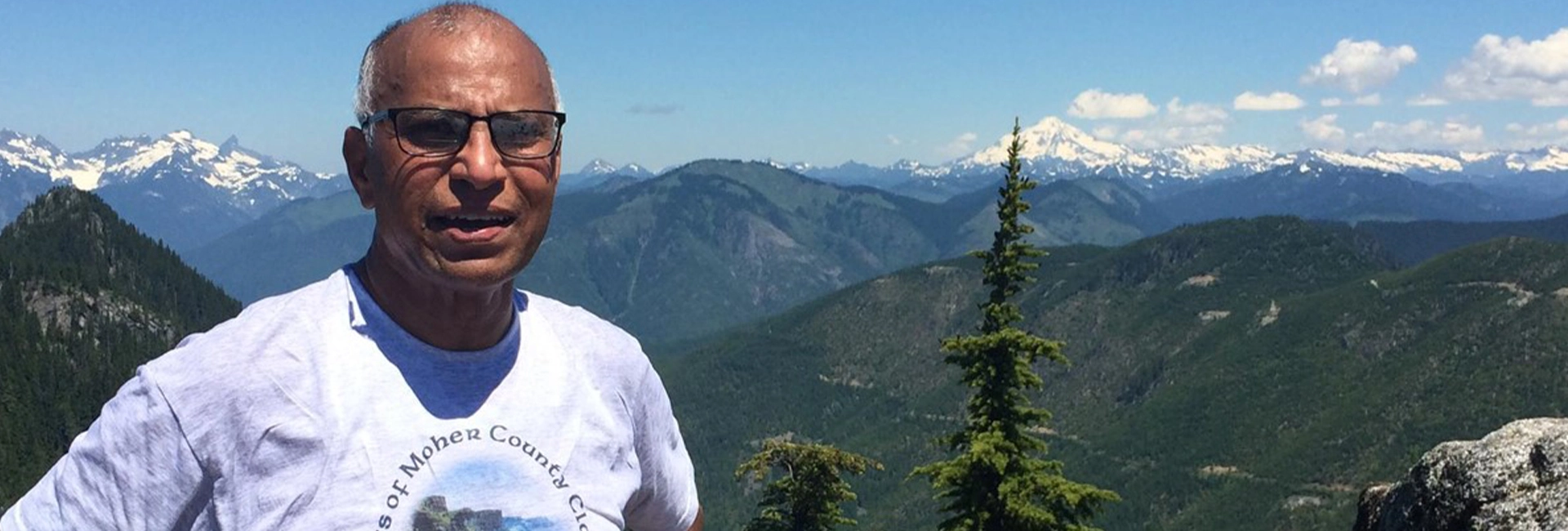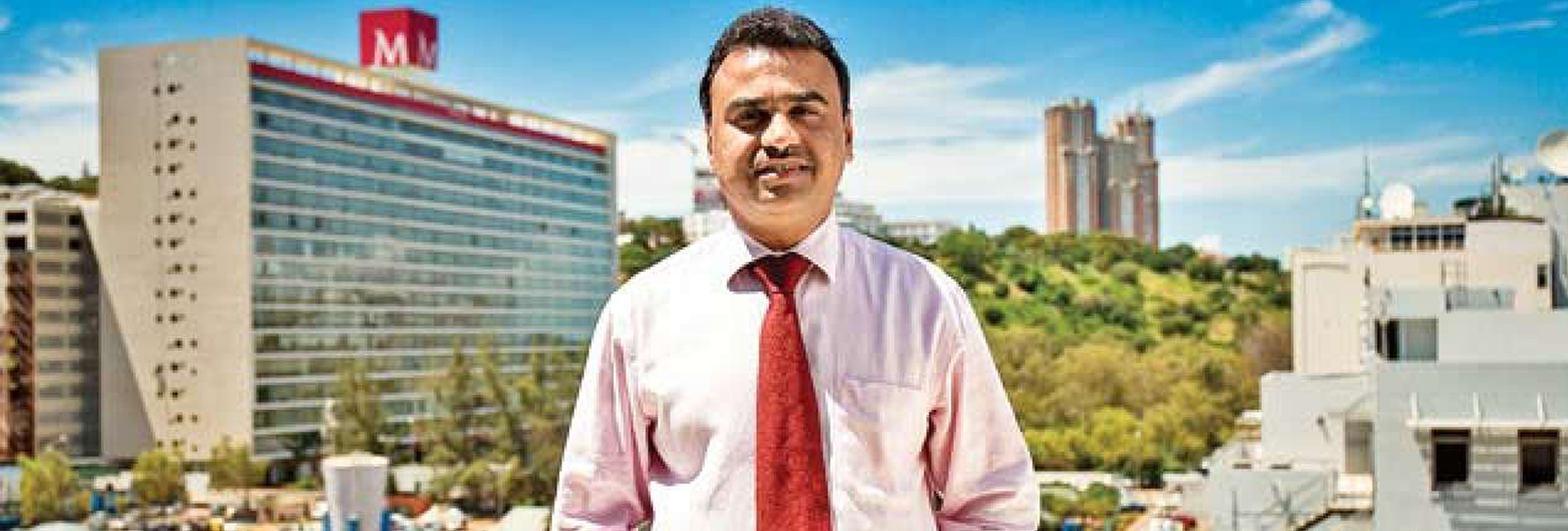(October 18, 2024) In a small village in the Krishna district of Andhra Pradesh, a young Rao Remala, the son of a peasant, walked six miles to school each day – unaware that his journey would eventually take him much further, leading to a key role in developing the first version of Microsoft Windows. Today, Remala lives in the affluent Yarrow Point in King County, Washington – a far cry from his humble beginnings in a small village with limited health and education infrastructure, no electricity, running water, or sanitation.
Despite these stark differences, Remala remains deeply connected to his roots, dedicating much of his philanthropic efforts to improving the conditions in rural India.
From a tiny coastal village to Microsoft in the United States
Despite hardships in his childhood Rao Remala excelled in studies, doing exceptionally well in math and science. His journey into the tech world began with a passion for learning. After earning his bachelor’s degree in Electrical Engineering from NIT Warangal and a master’s degree from IIT Kanpur, Remala worked at DCM, Computer R&D center. He then joined HCL, one of India’s pioneering technology companies which was a startup at that time and was known as Hindustan Computers Ltd.
His career path took a significant turn in 1981 when a little-known company called Microsoft came calling, recruiting him as its first Indian employee. He moved to Washington in the U.S. along with his wife and a little daughter. “When I joined Microsoft, it was a far cry from what it is today,” Remala, who became the company’s first South Asian hire and one of its first 50 employees, recalled in an interview. “There were just a handful of employees, and we worked out of a tiny office in downtown Bellevue.”
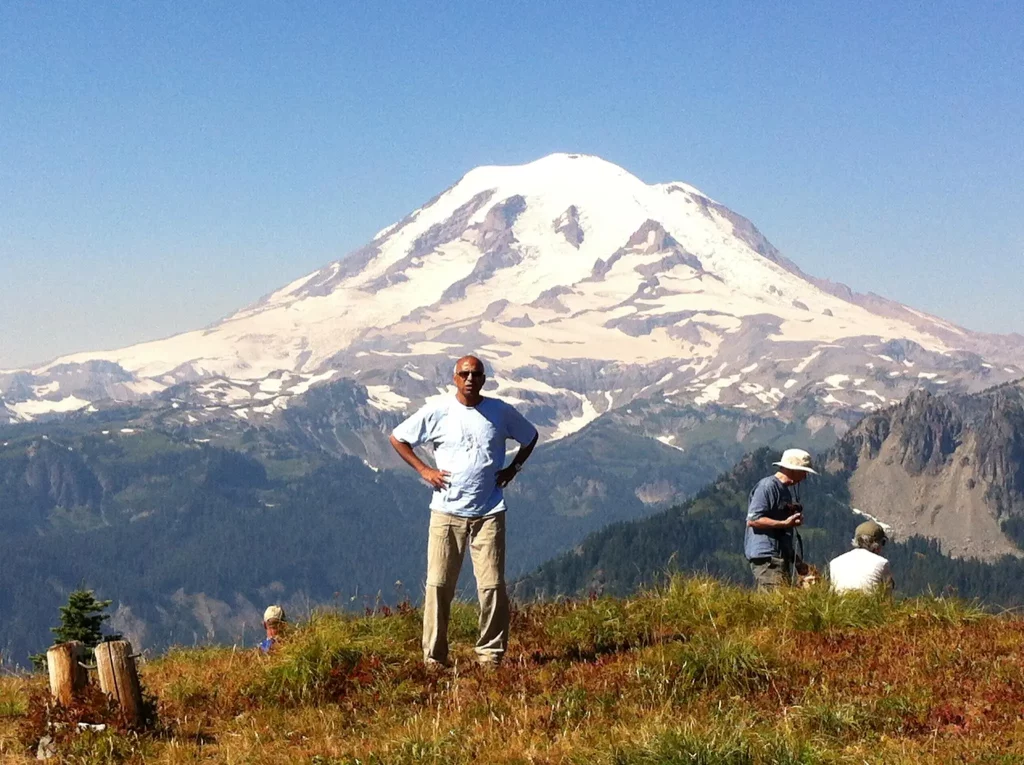
One of his first experiences at Microsoft still stands out: “The first day itself, someone walked into my office and explained the project I’d be working on. I had to ask him who he was, and he said, ‘I’m Bill.’” That “Bill,” of course, was none other than Bill Gates, who would go on to shape the future of global technology. Remala reported directly to Gates for the next three years, and the informal, startup-like atmosphere made it possible for him to interact closely with the tech visionary.
“Bill was very approachable and lacked even the faintest streak of arrogance,” Remala said. “He liked people who worked hard and tried their best. I was one of those, and we had a great working relationship.” Remala noted that the significant Indian presence at Microsoft didn’t start to be truly noticeable until the late 1980s.
“Before 1987 fewer than 10 Indians worked at the company (Microsoft) and at that time it was common for them to know everyone and even meet regularly.” – Rao Remala
Building Microsoft Windows from scratch
Remala’s work at Microsoft began with writing the original code for Windows 1.0 and continued through several key milestones, including Windows 2.0, MS Cobol, MS Office, OLE 1.0, OLE 2.0, Office 95, and Office 97. His tenure at the company was marked by both technical triumphs and grueling work hours. “In those early years, the work was so intense that some days I didn’t go home,” he shared, recalling how he only had a half-day off when his second daughter was born.
As Microsoft grew into a global tech giant, Remala’s contributions became essential to its core products. However, the fast-paced, ever-evolving nature of the company sometimes led to challenges. “We didn’t have the luxury of long-term planning. It wasn’t like today where you develop a thick manual and have teams of developers working on it for months. On a Wednesday morning, we’d be changing code, just like that.”

In 1982, Bill Gates offered Rao Remala stock options, but the developer was initially unimpressed. “I was actually upset because I felt I wasn’t being paid enough,” he recalled. At the time, his annual salary was $22,000, a modest sum compared to others in the company. But those stock options, which Remala thankfully did not turn down, would ultimately make him a millionaire when Microsoft went public.
As Microsoft’s 29th employee and its first Indian hire, Remala held various roles, ranging from individual contributor to Group Manager, Product Unit Manager, and eventually Technical Director. He played an integral role in the team that helped define the personal computing industry.
The power of giving back
After 23 years at Microsoft, Remala retired in 2004. His retirement marked the end of an era for him, but not the end of his contributions. While many of his contemporaries went on to create startups, Remala found his calling in philanthropy, although he also dabbled in angel investing for few startups.
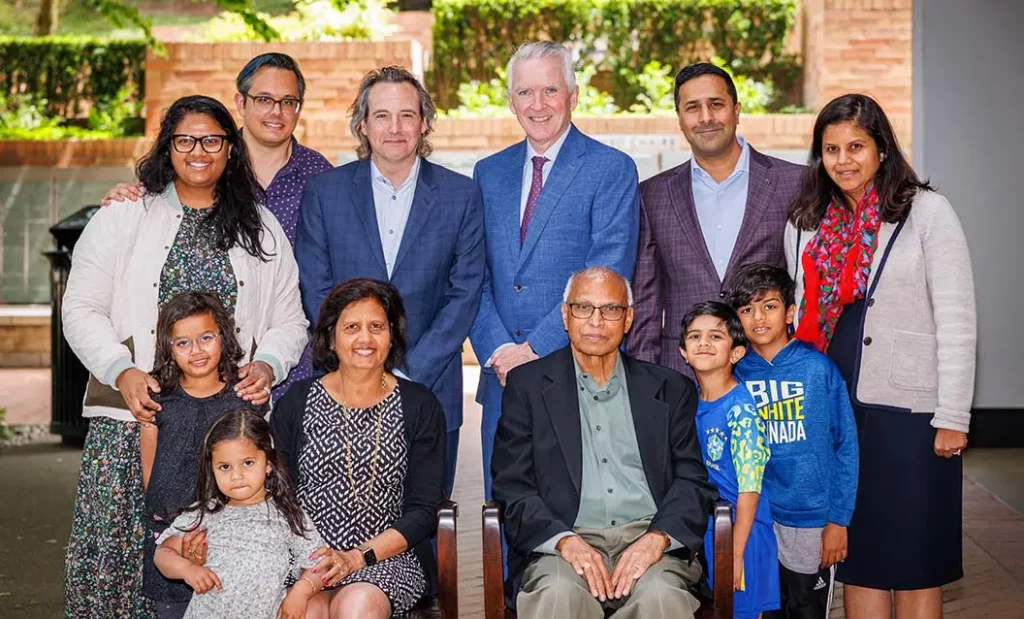
Dr. McGarry Houghton, recipient of the inaugural Satya and Rao Remala Family Endowed Chair with Fred Hutch Cancer Centre President and Director Dr. Tom Lynch, Jr., and the Remala family | Photo Credit: Fred Hutch News Service
Together with his wife, Satya, he established the Satya & Rao Remala Foundation in 1998, inspired both by his humble beginnings and by Satya’s parents, who had long served their own community in the family’s Eluru, India, home. Their focus has been on health and education for underserved communities. Grateful for their good fortune, the philanthropist and his family have committed themselves to creating opportunities for those in greatest need.
“We wouldn’t be where we are today without the help of a lot of people along the way.” – Rao Remala
The couple set up a donor-advised fund at the foundation, and since then, their philanthropic efforts have only grown. “We wanted to give back, especially to communities of colour and immigrant communities like ours,” says Remala. Their daughters, Srilata and Srilakshmi, have since taken up the mantle, applying their own professional backgrounds to the foundation’s grant making. They have been working closely with organizations such as the Technology Access Foundation (TAF), which aims to provide educational opportunities for children of colour.
Satya & Rao Remala Foundation supports underprivileged students in universities such as Seattle University, the University of Washington, and Carnegie Mellon amongst others apart from working on several health initiatives. Recently they have supported Dr. McGarry Houghton, a pulmonary physician-scientist focused on the immune system’s role in cancer and early detection of lung cancer, by naming him the first recipient of the Satya and Rao Remala Family Endowed Chair at Fred Hutchinson Cancer Center.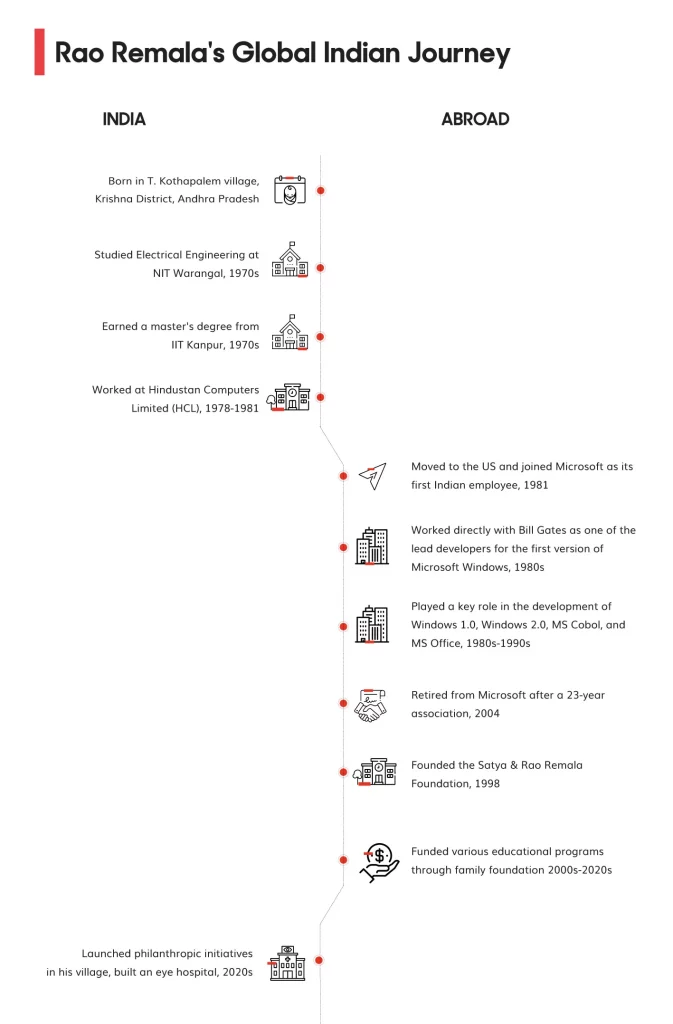
Indian talent in Microsoft’s global workforce
Microsoft employs a significant number of engineers from India, making it one of the largest employers of Indian engineers worldwide. Indian employees play a critical role in the company’s global operations, comprising a substantial portion of its workforce. As of 2024, Microsoft’s global workforce totals over 228,000, with many Indian professionals contributing to its success. These employees are spread across the United States, as well as the UK, Europe, Asia, and especially India. The company’s corporate headquarters located in Redmond, Washington, a part of the Seattle metropolitan area, with its thriving tech ecosystem, has become a major hub for the Indian diaspora, particularly for tech professionals. In India, Microsoft boasts over 20,000 employees engaged in sales and marketing, research and development, and customer services and support.
Prominent leaders, such as CEO Satya Nadella, emphasize the importance of Indian talent in driving Microsoft’s innovation and global strategy. Rao Remala, the company’s first Indian employee, stands as a key figure in this story, having opened doors for future generations of Indian talent within the organization.
A legacy beyond technology
Remala’s legacy is more than just the code he wrote for Microsoft. It’s the impact he continues to make through his philanthropic efforts, inspiring others from the South Asian community to give back. “We hope our story encourages other immigrants to get involved in philanthropy,” he said. He has also built an eye hospital in his village through his foundation’s initiatives.
Today, Remala enjoys a slower pace of life, traveling with his wife and staying connected to his roots. “We’ve come a long way from that tiny village in Andhra Pradesh but our hearts are still there,” he said. From a young boy walking six miles to school to a tech pioneer and philanthropist dedicated to empowering future generations, his journey is a true Global Indian story.
As the Remala family continues to support communities around the world, their story serves as a powerful reminder that success isn’t just about what you achieve but what you give back.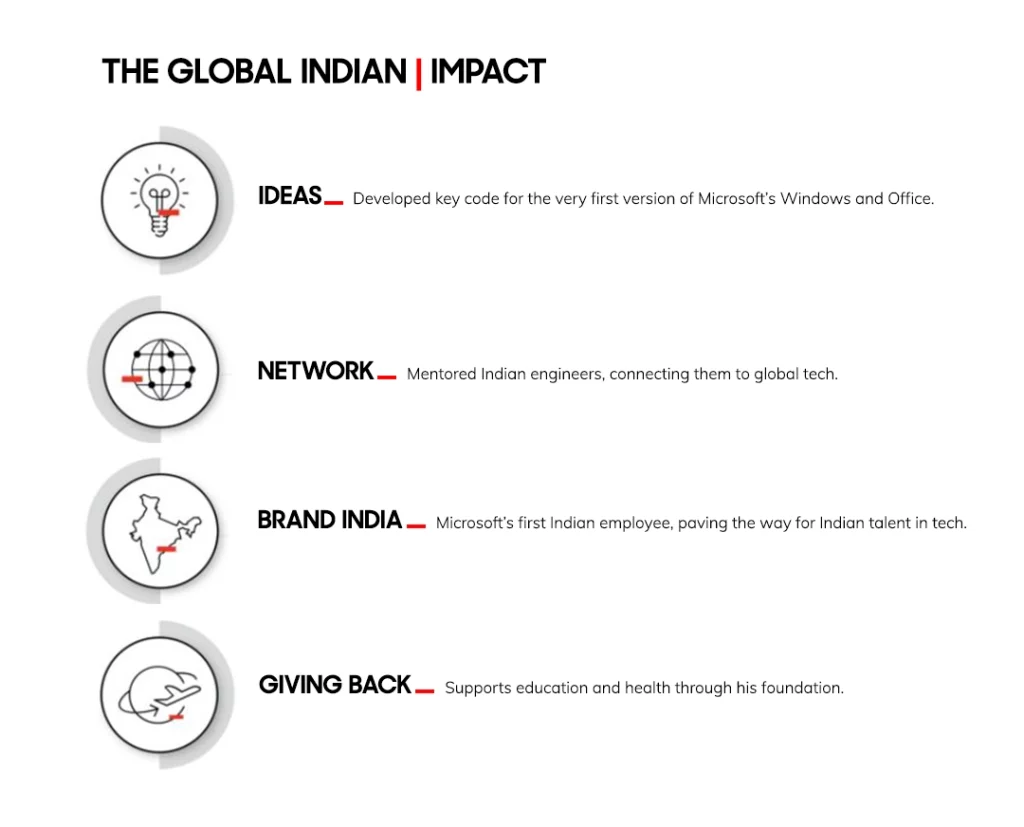
- To know more about Satya & Rao Remala Foundation visit its website

